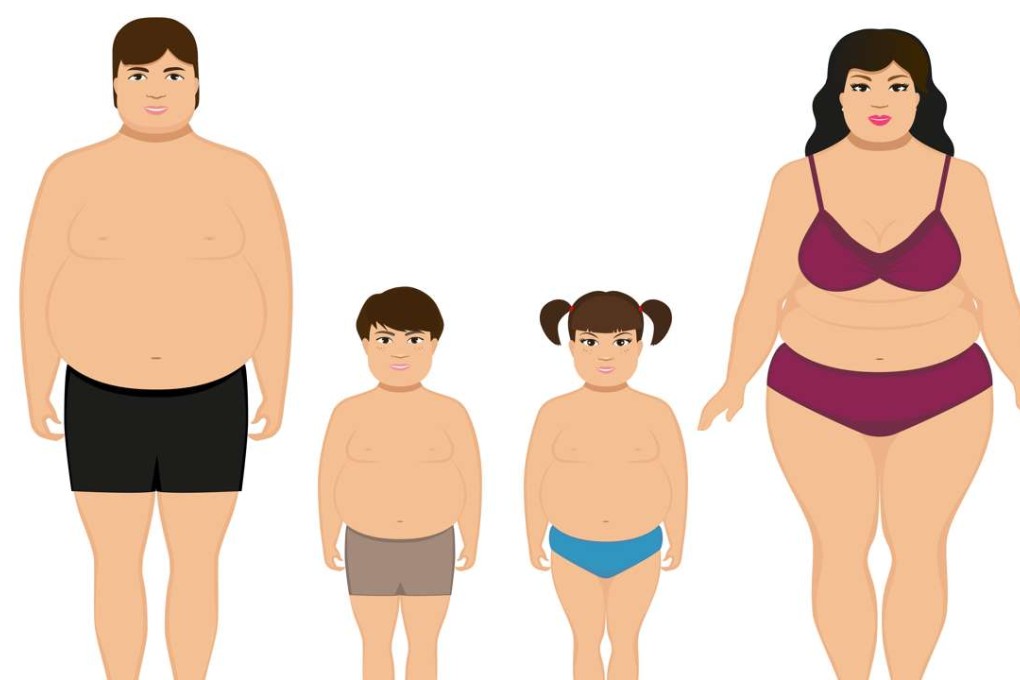Children of obese parents more likely to be clumsy, not good with people and have trouble solving problems in early life, study finds
Fine motor skills and social competence compromised in children of obese parents, and doctors don’t know why. Also in health news: artists’ brush strokes may be window to degenerative brain disorders

Being obese could have far-reaching effects beyond one’s own body: children of obese parents may be at risk for developmental delays, according to a new study by researchers at the US National Institutes of Health.
The researchers found that children of obese mothers were more likely to fail tests of fine motor skill – which is the ability to control movement of small muscles, such as those in the fingers and hands. Children of obese fathers were more likely to fail measures of social competence, and those born to extremely obese couples also were more likely to fail tests of problem-solving ability.
The study, published in the journal Pediatrics, included data from more than 5,000 women who gave birth in New York state (excluding New York city) between 2008 and 2010. The women’s children were tested on their development at four months of age and retested six more times through to the age of three.

Compared to children of normal weight mothers, children of obese mothers were nearly 70 per cent more likely to have failed the test indicator on fine motor skill by the age of three. Children of obese fathers were 75 per cent more likely to fail the test’s personal-social domain – an indicator of how well they were able to relate to and interact with others by the age of three. Children with two obese parents were nearly three times more likely to fail the test’s problem solving section by the age of three.